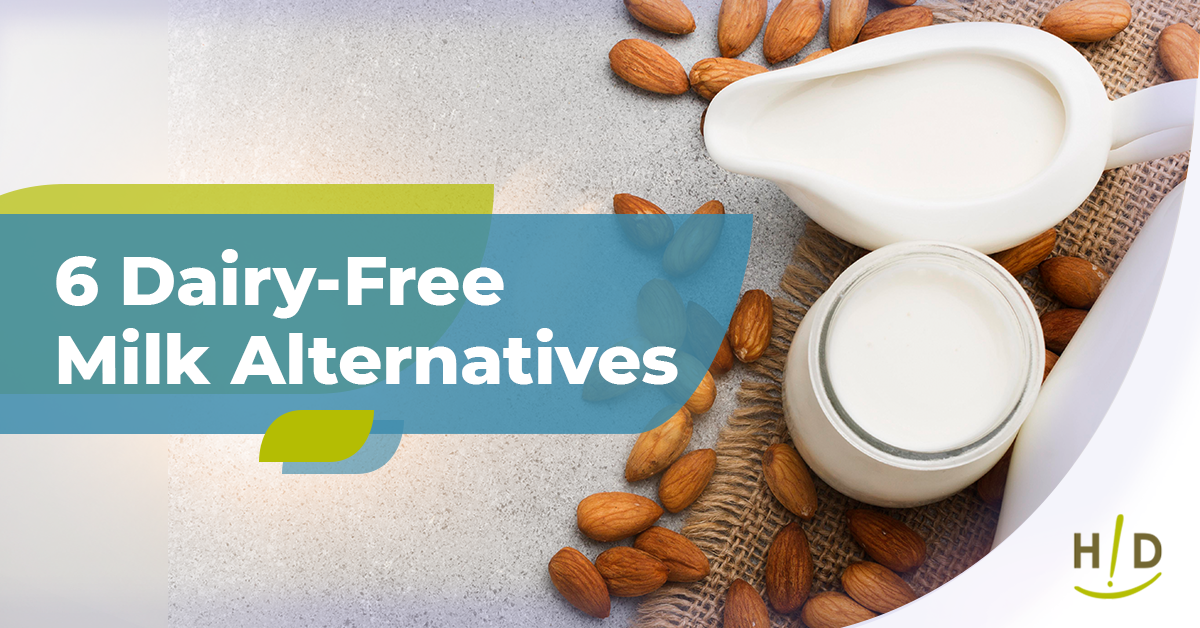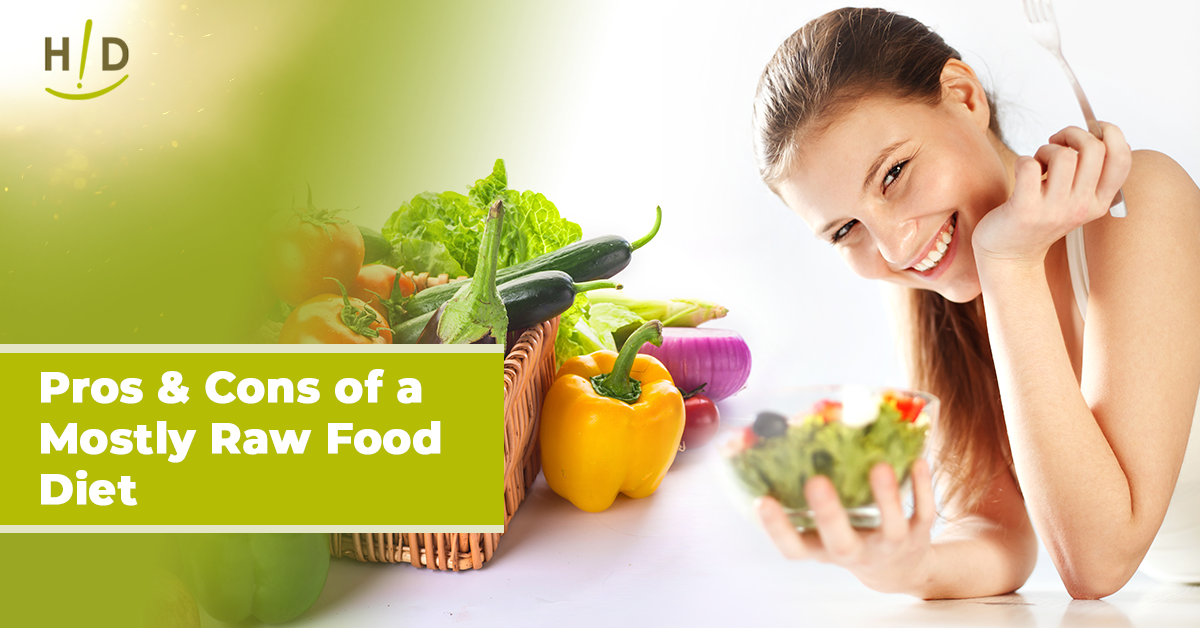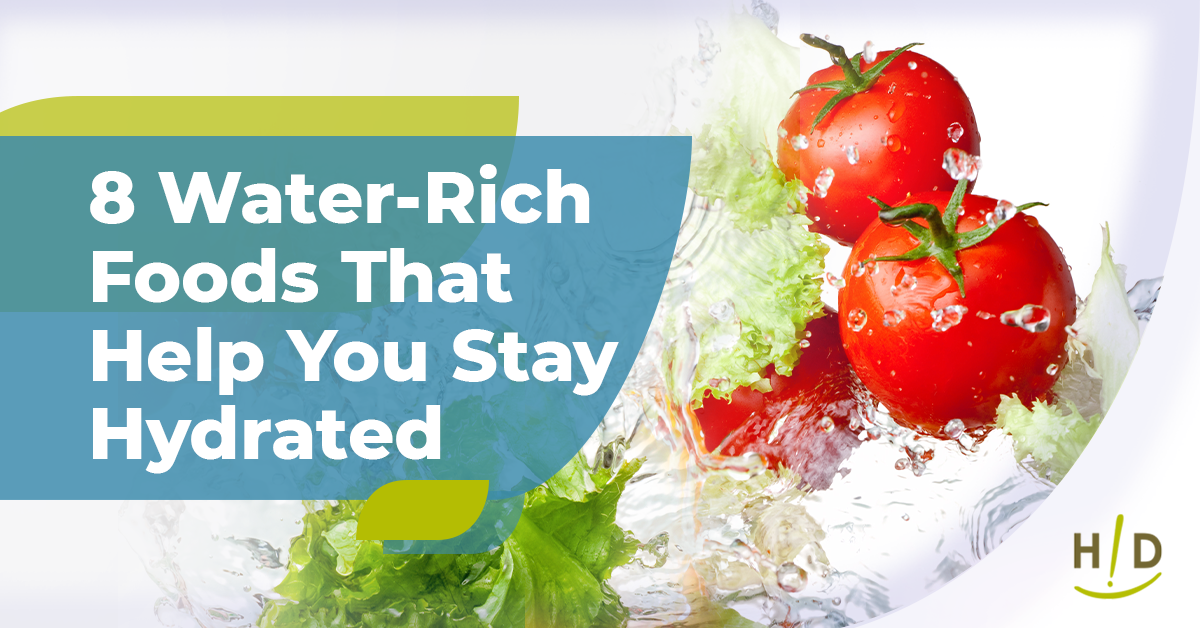Cow’s milk is touted as an excellent source of protein, calcium, vitamin D, and other essential nutrients, but that may not be the whole truth and cow’s milk isn’t for everybody. In fact, studies show that switching from a standard American diet to a plant-based meal plan, such as the Hallelujah Diet, helps reduce body mass index (BMI), cholesterol, blood glucose, and your risk of heart disease and cancer. If you’d like to reap the health and wellness benefits of a plant-based diet but obtain essential nutrients found in cow’s milk, consider the following nutritious dairy-free milk alternatives!


1. Unsweetened Protein-Fortified Almond Milk
Traditional almond milk is an excellent source of calcium and vitamin D, but often provides just 1 gram of protein per serving. When you’re following a plant-based diet, protein is important! So consider protein-fortified almond milk vs. regular almond milk. Unsweetened protein-fortified almond milk has the following nutritional information in each 1-cup serving:- Calories: 80
- Protein: 10 grams
- Carbohydrates: 3 grams
- Fat: 3 grams
- Fiber: 2 grams

2. Unsweetened Hemp Milk
Hemp milk provides slightly more protein than many traditional nut milks, but less protein than cow’s milk. The nutrition breakdown in 1 cup of hemp milk is:- Calories: 60
- Protein: 3 grams
- Carbohydrates: 0 grams
- Fat: 5 grams
- Fiber: 0 grams
3. Protein-Fortified Nut Milk
Protein-fortified nut milk is made from various nuts and fortified with plant protein (such as pea protein powder) to increase its nutritional value. The nutrition facts for a 1-cup serving of protein-fortified nut milk is:- Calories: 130
- Protein: 10 grams
- Carbohydrates: 3 grams
- Fat: 8 grams
- Fiber: 0 grams
4. Dairy-Free Almond Yogurt
Yogurt made from cow’s milk is an excellent source of protein and calcium, but you can obtain these nutrients from almond milk yogurt instead! The following is the nutrition profile for each container of plain almond yogurt:- Calories: 180
- Protein: 6 grams
- Carbohydrates: 10 grams
- Fat: 13 grams
- Fiber: 3 grams
5. Unsweetened Pea Milk
Pea milk is an excellent alternative to cow’s milk when you want to prioritize your health. A 1-cup portion of unsweetened pea milk includes the following nutrition information:- Calories: 70
- Protein: 8 grams
- Carbohydrates: 0 grams
- Fat: 5 grams
- Fiber: 0 grams

6. Plant Protein Powders
Choosing protein powder made of pea, rice, or another plant protein is an excellent way to add extra protein and fiber to your meal plan. The nutritional breakdown of one scoop of Hallelujah Diet essential protein powder is as follows:- Calories: 150
- Protein: 25 grams
- Carbohydrates: 6 grams
- Fat: 3 grams
- Fiber: 5 grams






